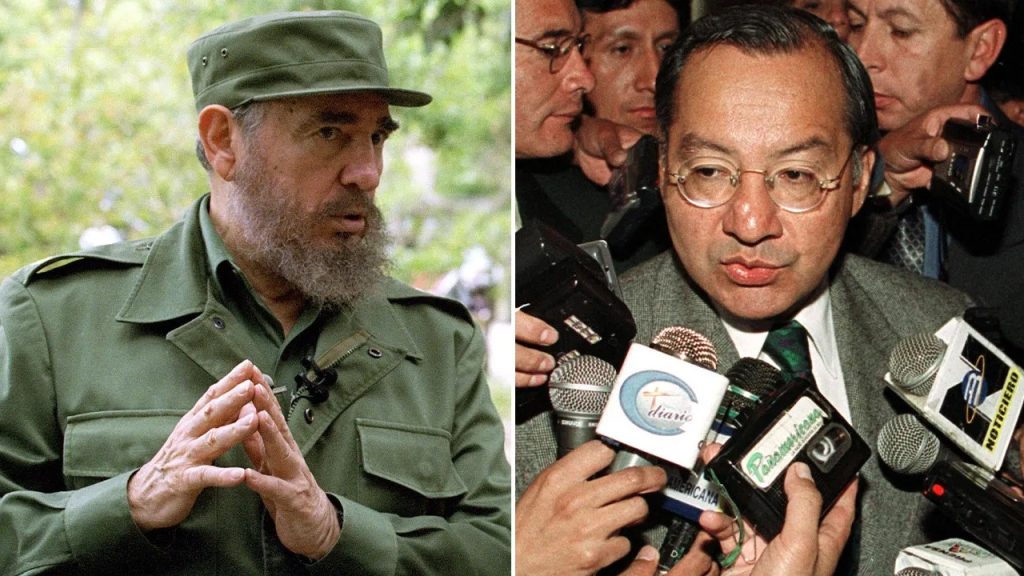Victor Manuel Rocha, a former National Security Council member and U.S. ambassador to Bolivia, was sentenced to 15 years in prison for acting as a secret agent for the government of the Republic of Cuba. Rocha, now 73 years old, blamed radical politics that influenced him during his college years for turning against his country. He admitted that his commitment to radical social change led to the betrayal of his oath of loyalty to the United States during his two decades in the State Department.
Rocha graduated from top universities like Yale, Harvard, and Georgetown before working for the State Department from 1981 to 2002. He served on the National Security Council from 1994 to 1995 and as U.S. Ambassador to Bolivia from 2000 to 2002. Rocha used his position to obtain classified information and affect U.S. foreign policy. He later worked as an advisor to the Commander of the U.S. Southern Command, involving travel outside the U.S. to meet with Cuban intelligence operatives and provide false information.
After leaving the government, Rocha settled in Miami and worked in the private sector as a businessman. He claimed that he no longer saw the world through radical eyes and focused on his family and children’s education. Rocha acknowledged the damaging impact of his earlier career working for the government and expressed remorse for the pain he caused to his family, friends, and colleagues. He took full responsibility for his actions and accepted the penalty imposed on him.
Rocha cooperated with the U.S. government as part of his guilty plea, agreeing to assist with any damage assessment related to his work for Cuba. He also forfeited retirement benefits and any profits from publications related to his criminal conduct or government service. Rep. Carlos Gimenez denounced Rocha as a traitor to the nation and demanded the maximum sentence be upheld. Rocha’s guilty plea included counts of conspiring to act as an agent of a foreign government and defrauding the U.S.
The judge sentenced Rocha to the statutory maximum penalty of 15 years in prison, a $500,000 fine, three years of supervised release, and a special assessment. Despite his plea for understanding and forgiveness from those he betrayed, Rocha faced harsh consequences for his actions. His admission of guilt and acceptance of the punishment were seen as steps towards making amends for his betrayal. The case highlighted the long-term consequences of espionage and the importance of upholding loyalty to one’s country.


